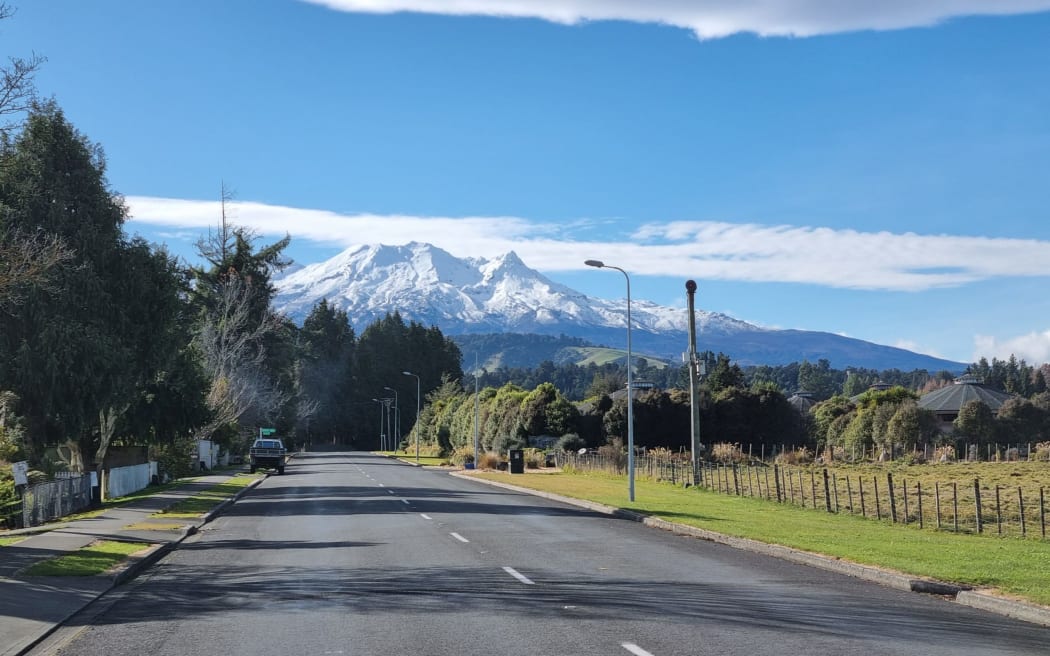Ruapehu's search and rescue coordinator wants to remind people that it is never too early to turn back after two hikers spent 12 hours on Mount Ruapehu and had to be rescued after the weather turned bad.
Fog and torrential rain arrived in the area while the couple were on the mountain, forcing them off the track.
After several hours of walking the couple realised they were lost and called police, they were found by the Ruapehu Alpine Rescue organisation when skies cleared around 11pm that night.
Ruapehu SAR coordinator Constable Mark Bolten said the pair were prepared for a walk of several hours of good weather rather than the 19 hours of poor weather they ended up with.
The rain was torrential, he said.
"When they were rescued, one of the people who rescued [them] mentioned that it felt like they were getting slapped in the face, the rain was that heavy and that's just what it's like in an alpine environment."
The clothing they were wearing was suitable for a sunny day, but once the weather turned not having a bag full of gear did not help them, he said.
The poor weather had been forecast so "it wasn't surprising it happened, but disappointing", he said.

Mt Ruapehu (generic image). Photo: RNZ / Jimmy Ellingham
Bolten said they managed to use a cellphone to call 111 but were lucky to get through because the reception was intermittent and trying to call them back was not easy and "they were in and out of coverage".
"Basically their call gave us a rough location of where they were, we were able to triangulate a rough area to work out where they were but our police comms centre sent out basically a message that they can click on, it's called mobile locater, and once they click on that it sends us their, well very close GPS coordinates."
But without the cellphone message police would not have known they were there, he said.
The pair had not told anyone where they were going, nor when they would be back, he said.
Bolten said the spot that the pair were originally in was not good.
"They were amongst alpine cliff ranges, as well as streams that were now raging torrents of water due to the heavy rain."
By the time they pair were found, they were not in great condition, he said.
"They were already soaked through and very fatigued, didn't have any [dry] clothing, so getting them out was rather arduous, it was a long time getting them out with just their level of fatigue our rescuers had to pretty much guide every footstep for them."
Bolten had some advice for those setting out on a walk in these types of areas.
It was important for everyone to remember that it was never too early to turn back, to be prepared by researching the area or calling in to the local Department of Conservation information centre to get some information, and to take an emergency locator beacon in case things went wrong, he said.
"They certainly had several opportunities where they could have one that and not got into trouble, it's just not worth putting yourself at risk for possibly a photo at the Crater Lake for example."

